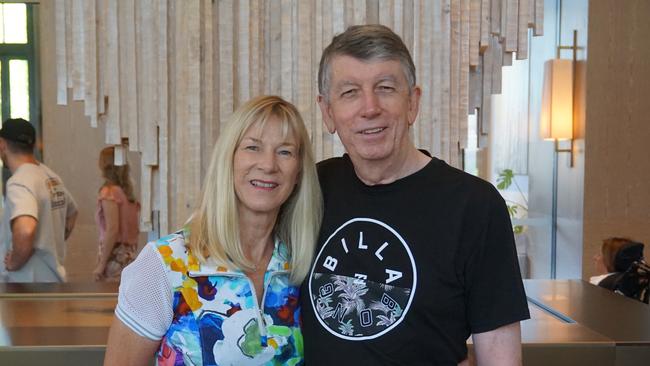‘Widening chasm’ in prostate cancer treatment between public and private systems
Cancer advocates have warned that Australian men battling prostate cancer face a widening gap in treatment between the public and private sectors.

Cancer advocates have warned that Australian men battling prostate cancer face a widening gap in treatment between the public and private sectors, with post-operative procedures to improve quality of life frequently unavailable to those without private health insurance.
A private patient can expect to pay from $12,000 to $30,000 for a robotic prostatectomy, an operation using a robotic aid to remove the prostate with precision, which is not typically offered in the public system despite increasing demand for the procedure, according to the Prostate Cancer Foundation of Australia.
Patients without private health cover face longer waits for the life-changing surgery as well as high out-of-pocket expenses to treat common side-effects such as incontinence and loss of sexual function.
Prostate Cancer Foundation of Australia chief executive Anne Savage said the divide between public and private treatment outcomes was increasingly worrying as more men struggling with the cost of living choose to go without private health insurance.
“There are major differences in men’s prostate cancer treatment choices between the public and private sectors, with many public patients unable to access their preferred treatments because of the high costs,” Ms Savage said. “That’s a particular concern right now given the increasing costs of living and higher rates of dropout from private health insurance, which could leave many men stranded as they age and need to access lifesaving care.”
Urological surgeon Daniel Moon said post-surgery men not already in the private system faced additional hurdles to regain bladder control and sexual function, with procedures to fix impotence, such as penile implants, largely unavailable in the public system.
Associate Professor Moon said by comparison reconstructive surgery after breast cancer treatment was well funded and readily available.
Perth-based prostate cancer survivor Ken Bezant, 69, said he had spent the three years after his radical prostatectomy hoping his sexual function would return in time, only to be left crestfallen.
“My sexual health specialist said to me, ‘if you haven’t got any sexual function now it’s not going to happen naturally, it’s just the nerves will never recuperate,” he said. “I remember … feeling it was terrible, was life worth living?”
Mr Bezant chose to undergo a penile implant. He knows he is luckier than most, with the bulk of the $20,000 procedure covered by Medicare.




To join the conversation, please log in. Don't have an account? Register
Join the conversation, you are commenting as Logout